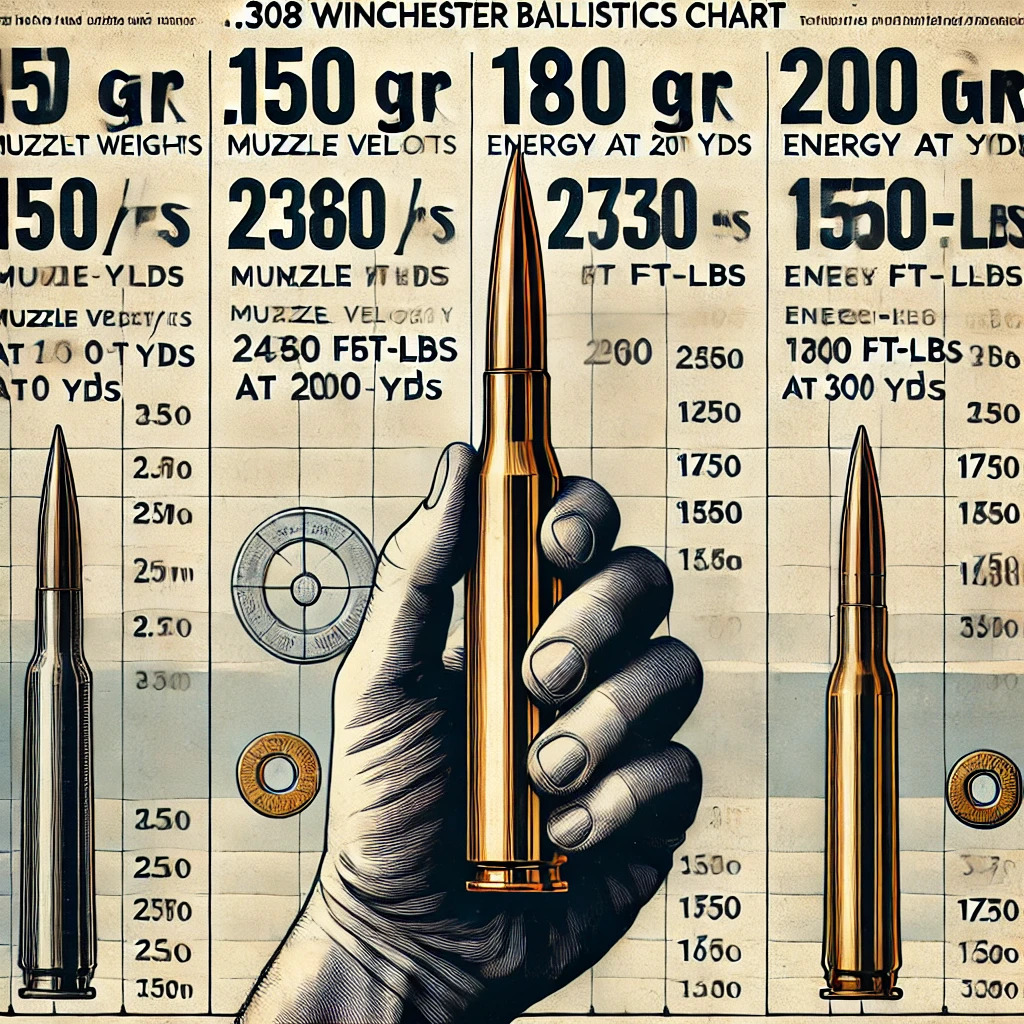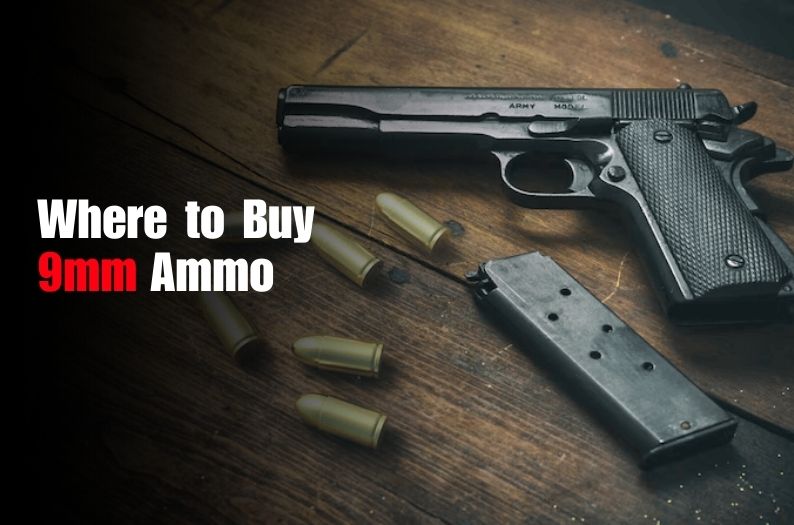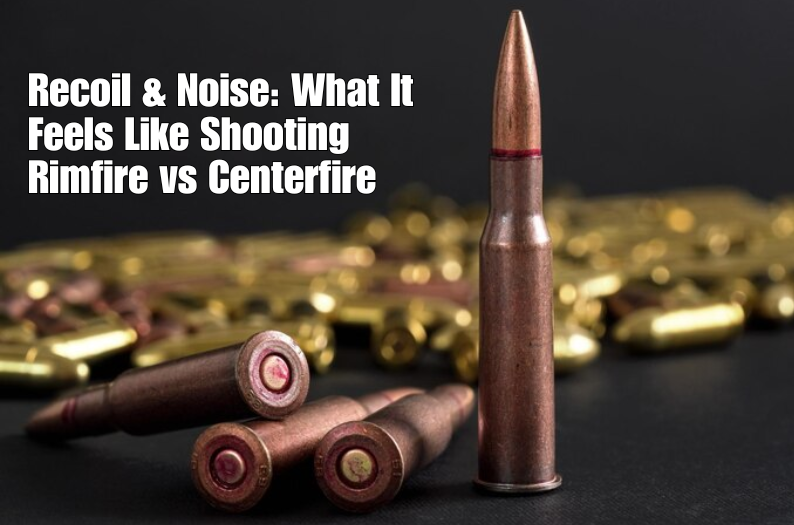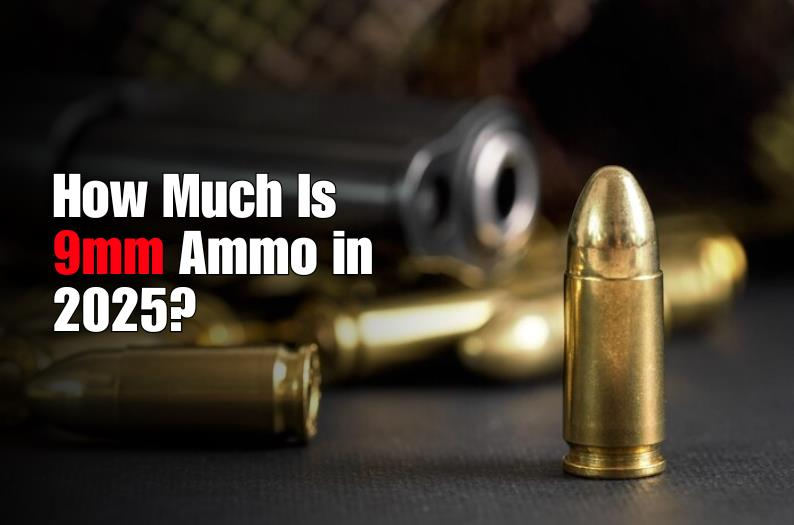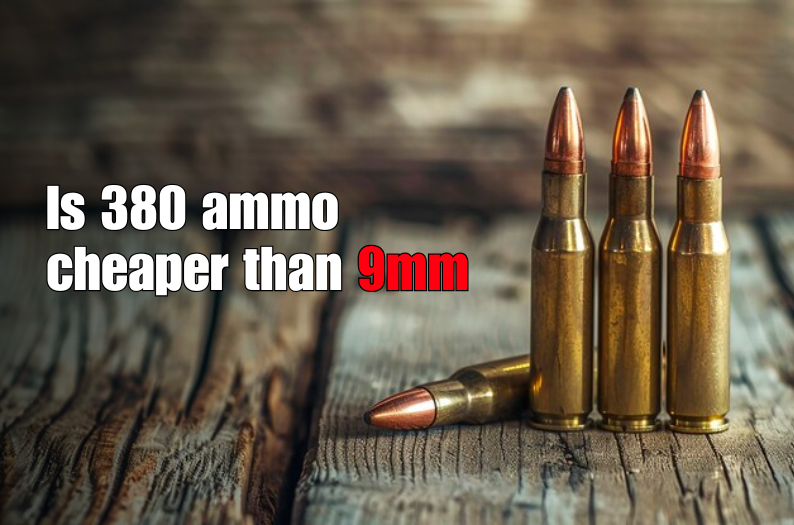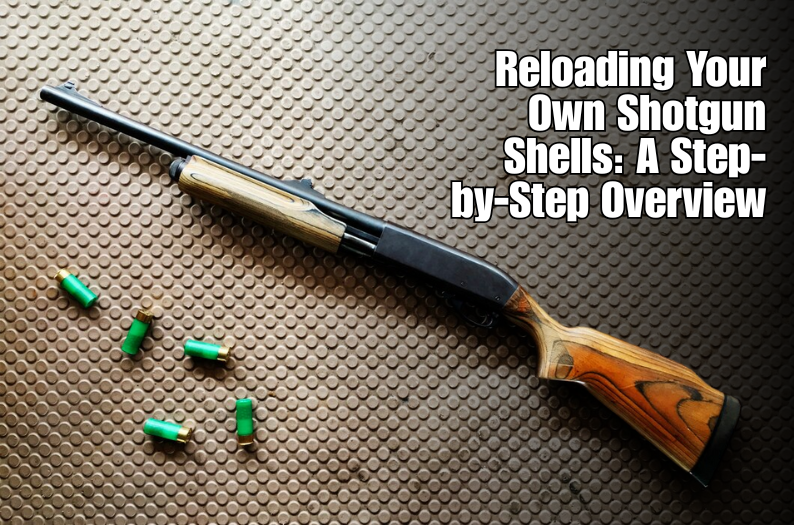The .308 Winchester is one of the most versatile and widely used cartridges in both hunting and target shooting. Its popularity stems from its excellent balance of power, accuracy, and manageable recoil, making it suitable for a variety of applications. However, one critical factor that can significantly affect performance is the choice of bullet weight. Selecting the right bullet weight for your specific needs can mean the difference between a successful hunt and a frustrating outing. This article will guide you through the various factors to consider when picking the appropriate bullet weight for your .308 Winchester.
1. Understanding Bullet Weights
Bullet weights for the .308 Winchester range from 110 grains to 200 grains, each designed for specific purposes and performance characteristics.
- 110gr: Typically used for varmint hunting, this lightweight bullet offers high velocity and flat trajectory, making it effective for small game.
- Performance: Approx. 3,000 fps velocity and 2,400 ft-lbs energy.
- 150gr: A popular choice among deer hunters, the 150gr bullet strikes a balance between velocity and energy, making it ideal for medium-sized game.
- Performance: Approx. 2,800 fps velocity and 2,700 ft-lbs energy.
- 168gr: Widely regarded as the standard for precision shooting, this bullet is favored in competitive circles due to its consistent performance and accuracy.
- Performance: Approx. 2,650 fps velocity and 2,700 ft-lbs energy.
- 180gr: Ideal for larger game such as elk or bear, this heavier bullet provides deeper penetration and better energy transfer upon impact.
- Performance: Approx. 2,600 fps velocity and 2,600 ft-lbs energy.
- 200gr: Best suited for long-range shooting and heavier game, the 200gr bullet offers superior stability and terminal performance.
- Performance: Approx. 2,500 fps velocity and 2,600 ft-lbs energy.
Understanding these weights is crucial for making informed decisions that align with your shooting goals.
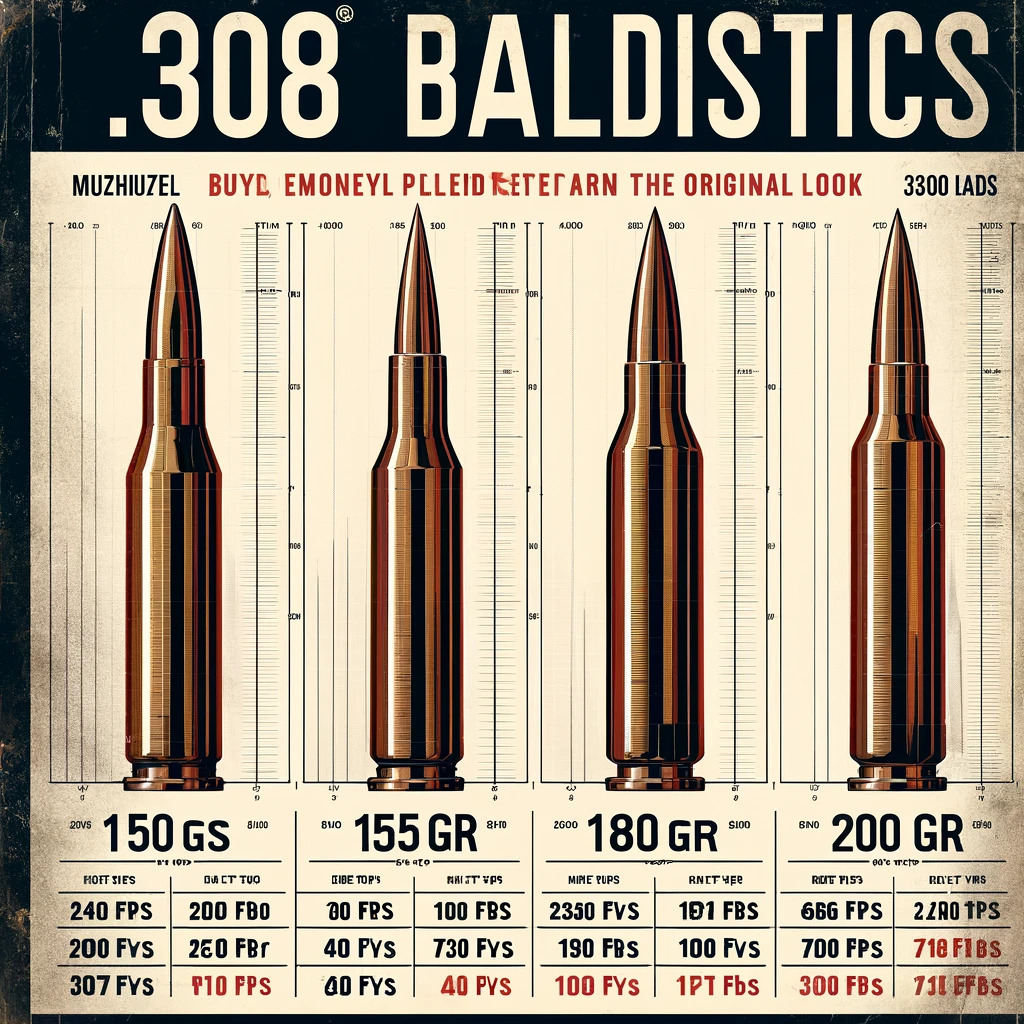
2. Purpose of Use
When selecting the appropriate bullet weight for your .308 Winchester, it’s essential to consider your intended use:
- Hunting: Different game species require different bullet weights. For example, a 150gr bullet is sufficient for deer, while a 180gr bullet is recommended for larger animals like elk or moose. Selecting the right weight ensures optimal performance, allowing for humane and effective shots.
- Target Shooting: If you're engaging in precision shooting, the 168gr bullet is often preferred. Its design provides consistent performance, making it easier to achieve tight groupings at the range.
3. Factors to Consider When Choosing Bullet Weight
When choosing the right bullet weight, several factors should guide your decision:
- Game Size and Type: Larger game requires heavier bullets for adequate penetration and energy transfer, while smaller game can be effectively hunted with lighter options.
- Distance: Bullet weight affects performance at varying distances. Heavier bullets typically maintain velocity and energy better over long ranges, making them ideal for shooting beyond 300 yards.
- Barrel Twist Rate: The twist rate of your rifle barrel affects bullet stability. Common twist rates for .308 Winchester are 1:10" and 1:12". Heavier bullets generally perform better with a faster twist rate, so ensure compatibility when selecting weights.
4. Ballistics and Terminal Performance
Understanding ballistics is crucial when selecting bullet weight. Each weight behaves differently in terms of trajectory, drop, and wind drift. In terms of terminal performance, heavier bullets often penetrate deeper and expand more effectively upon impact, especially in hunting scenarios.
For example, a 168gr hollow point may expand upon hitting game, creating a larger wound channel, whereas a 180gr soft point might penetrate deeper for larger animals, ensuring a quick kill.
5. Popular Bullet Weights and Their Uses
Here’s a closer look at popular bullet weights and their respective uses:
- 110gr: Excellent for varmint hunting and small game. Provides high velocity, making it easy to shoot accurately at shorter distances.
- 150gr: Versatile and widely used for deer hunting. Offers an excellent balance between speed and stopping power.
- 168gr: A staple in precision shooting and long-range target competitions. Known for its accuracy and flat trajectory.
- 180gr: Recommended for large game hunting, providing superior stopping power and penetration.
- 200gr: Ideal for long-range shooting, especially in windy conditions. Its heavier weight maintains stability over greater distances.
6. Reloading Considerations
Reloading .308 Winchester can enhance performance and allow customization based on individual preferences. When selecting bullet weight during the reloading process, consider the intended application:
- Powder Choices: Different powders yield various velocities and pressures. Match your powder selection to your chosen bullet weight for optimal results.
- Testing: It’s essential to test different bullet weights to find what works best for your rifle and shooting style. Start with established load data and gradually adjust based on performance.
7. Common Misconceptions
Many misconceptions exist around bullet weight. One common myth is that heavier bullets are always better. In reality, the ideal bullet weight depends on the intended use and the characteristics of the game being hunted. Striking a balance between weight and intended application is key to effective shooting.
8. Conclusion
Choosing the right bullet weight for your .308 Winchester is a critical step in ensuring effective performance, whether you’re hunting or target shooting. By considering factors such as game size, distance, barrel twist rate, and intended application, you can make an informed decision that enhances your shooting experience. Explore various .308 Winchester ammo options to find the perfect fit for your needs.


